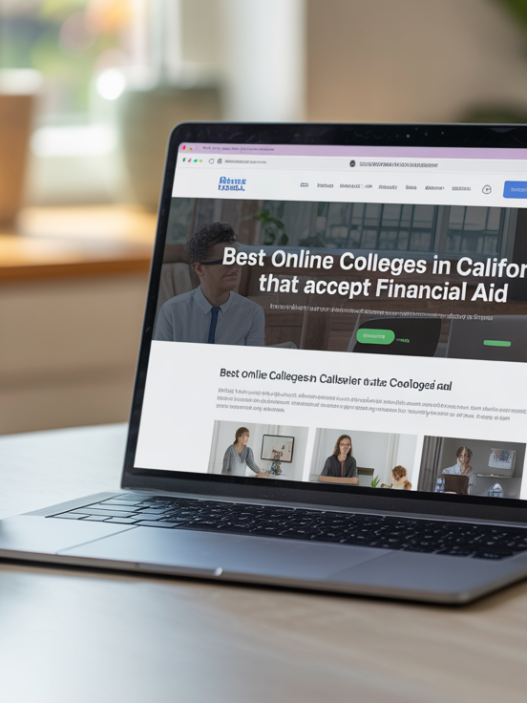Looking for the Best Online Colleges in Arizona That Accept Financial Aid? We’ve done the research so you can find flexible, accredited programs that make earning your degree both affordable and accessible.
Click here to find the Latest Best Online Colleges In Arizona That Accept Financial Aid











